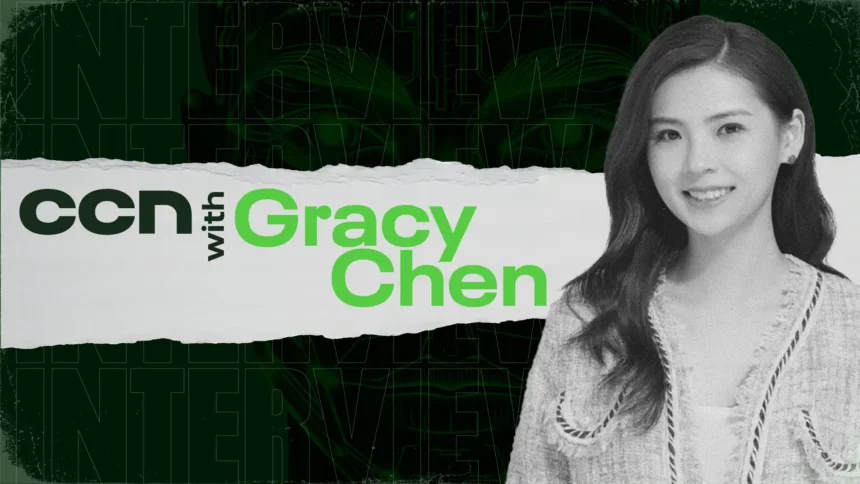In a significant move that could reshape the landscape of financial trading, Bitget has announced the launch of its Universal Exchange (UEX), aiming to integrate cryptocurrency, tokenized assets, and traditional markets in a single platform. This ambitious initiative marks a major step in addressing the long-standing fragmentation within the cryptocurrency sector, which has often left users navigating through multiple platforms for different asset types.
Gracy Chen, CEO of Bitget, highlighted that the UEX brings together over seven years of infrastructure development, stating, “After seven years of building this infrastructure, Bitget has become the first crypto exchange to merge crypto, tokenized assets, and traditional markets under one roof.” Chen further asserted that the platform has established itself as the largest UEX globally, surpassing major competitors such as Binance and eToro.
The core challenge within the cryptocurrency industry has been what insiders refer to as the “impossible triangle”—the desire for variety, ease of access, and comprehensive security, a balance that has historically been difficult for exchanges to achieve. With UEX, Bitget intends to solve this issue by offering a unified platform that caters to both retail investors and institutional clients. Chen emphasized, “With UEX, our idea was to stop choosing and deliver all three fronts instead.”
Among the platform’s significant features is the introduction of direct access to over 100 tokenized U.S. equities and exchange-traded funds (ETFs), allowing assets from tech giants like Apple and Tesla to be traded seamlessly on-chain with 24/7 availability and no associated gas fees. Chen described this feature as a pioneering step toward a Universal Exchange where any asset can be traded at any time, merging the transparency of Web3 technology with the efficiency of global marketplaces.
Additionally, UEX has made strides in real-world asset (RWA) tokenization, introducing tokenized gold and ETFs. Transparency and compliance are also critical elements, as Chen highlighted that every stock token on the platform is backed 1:1, held in regulated custody, and come with clear disclosures.
While the regulatory framework surrounding the tokenization of traditional assets remains complex, Chen expressed confidence in the long-term viability of real-world assets on-chain. “Different jurisdictions move at different speeds, but the direction of travel is clear: real-world assets on-chain are here to stay,” she stated.
The integration of artificial intelligence into Bitget’s trading model is another defining aspect of the UEX. Users can make use of the trading assistant, GetAgent, which facilitates market scans, automated trading strategies, and risk controls without requiring extensive trading expertise. Chen explained that this tool aims to make investing less daunting for newcomers while providing advanced traders with precise strategies.
Bitget’s commitment to security is reinforced through a hybrid custody model, which combines self-custody via Bitget Wallet with regulated custodial services and insurance for centralized accounts. The system is designed to provide real-time risk monitoring to detect anomalies—such as unusual withdrawals or leverage spikes—before they escalate.
In positioning itself at the intersection of traditional and digital finance, Bitget’s Universal Exchange strives to set a new standard for comprehensive marketplaces in the financial sector. As it competes with established players like Binance and Coinbase, the success of the platform will largely depend on user adoption and its ability to deliver on its promise of a unified trading experience.







